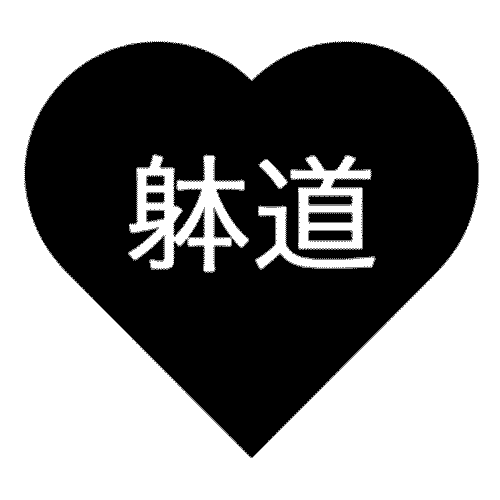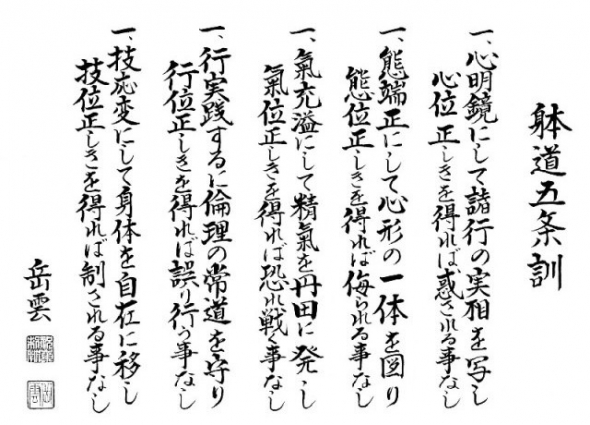Most martial arts (of which I am aware) are essentially technique-based. By this, I mean that they were synthesized from groups of existing movements.
Many martial arts use the exact same mechanics for deploying a front kick. It would be ridiculous to assume that each art's creator independently designed a kick that looks exactly like every other front kick in the world. Obviously, the art was built around existing components (such as the front kick), perhaps with a couple of new movements as well.
We see this kind of thing very clearly in the history of Okinawan Karate.
For example, a young man would study under several different masters and learn their techniques. After many years, the young man would be older and have grown proficient in many kinds of techniques. He would continue to practice those that worked for him and discard the ones he found ineffective.
Eventually, younger students may come seeking instruction in his system. However, he didn't create the techniques in his system; he simply grouped them together. Over time, the teacher may discover principles that explain why some techniques happen to be more effective than others in certain situations.
The principles are identified after the fact. They are descriptive rather than prescriptive.
This is not true of all arts. Taido is one exception, but it is not the only one.
Principle-based arts begin with ideas about what sorts of movements may be effective for whatever objective. Techniques are built form these principles.
For example, the individual techniques of Aikido come out of the principle of meeting and joining with the force of an attack. The techniques of Brazilian Jiu Jutsu arose from applying the principles of leverage and position. Taido techniques arise from the five movements, unsoku/unshin, etc.
Knowing principles, it's possible to improve any existing technique. It's also possible to create new techniques.
Students practicing technique-based arts can apply principle-based thinking with good results. Students practicing principle-based arts may need to apply technique-based thinking in order to prefect skills, especially early in their training.
Though some arts are built on technique, and others are built on principle, it's actually the educational model employed (rather than the art itself) that makes the biggest difference.
Technique-based instruction can be very effective for beginners. In such a curriculum, each technique is taught and practiced as an independent movement to be mastered on its own. Routines are strings of individual movements with a few transitions. It's possible to refine the outward appearance of a hokei or kata to a very high degree using technique-based methods alone.
However, advanced students need to know principles. A routine learned exclusively as a string of techniques will ultimately be hollow because the students will just be mimicking the instructor's movements. A child can do this, and monkeys have been taught to mimic karate-like kicks for TV shows. However, these methods (monkey-see-monkey-do instruction) cannot teach improvisation, strategy, or anything that doesn't look exactly like the model.
Of course, some people manage to become very skilled through technique-based practice. We call these people "talented." They manage (often unconsciously) to extrapolate the principles from the techniques and apply them. These people are not normal.
Normal people in a technique-based system usually don't ever become very good. They may learn the syllabus and start wearing black belts. They may even place highly in a forms competition.
But they never become great.
Not unless they learn principles as well.
Students tend to burn out. After practicing for years and attaining reasonable skill in a variety of techniques, they begin to intuit that, despite the perfect angle at which they hold their fingers in kamae, they still just don't "get it."
This too can be unconscious, and the student simply loses interest because he doesn't feel that he is learning anymore. It's extremely frustrating to spend countless hours perfecting something only to find out that you still don't understand how it works.
Most people are not talented at martial arts. I'm not. We need to consciously study and apply the principles that make the techniques work. Then we can use our developed skills effectively. In order to study and apply the principles, someone has to teach them to us.
It would be ridiculous to take a class full of raw beginners, sit them down with notebooks, and begin to lecture about the principles of any particular martial art.
I've tried teaching new students with strictly principle-based methods, and the results were not what I had hoped. New students respond well to the watch, try, then correct method. Too much talking breeds confusion and boredom.
At the initial stages of learning, the technique-based approach is superior. Principle can be discussed, but it cannot be absorbed without direct experience from extensive practice of technique. Even if the principles are the basis of the techniques (as they are in Taido), technique is the basis of practice.
Still, at some point, principle has to be introduced. Otherwise, only the talented students stand a chance.
There needs to be some balance between technique-based and principle-based instruction, and that balance will shift over the training career of each student. This is not an easy thing to achieve because it's probably not possible to use one or the other method exclusively - it's more of a continuum.
Beginners need lots of technique practice (though knowing why a technique is performed a certain way can be beneficial).
Those students with more experience can learn a great deal by studying the principles.
How is your practice?
Do you pontificate to no end but barely break a sweat? Or do you do countless repetitions, only to have to ask later , "what's next?"
These are extremes, but we all tend to lean to one or the other side at various times.
If you're feeling stuck, look at your practice and try the opposite approach for a while.
Who knows? You may even learn something.

